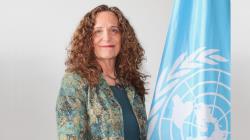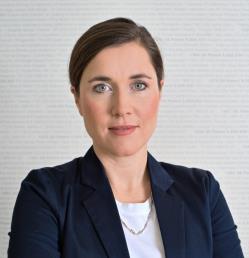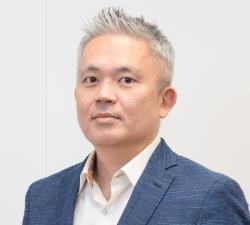WSIS Action Line C10: Ethics in AI and converging technologies
UNESCO
Session 401
Shaping a Human-Centred Future in the Digital Age
As digital technologies evolve at an accelerating pace, the ethical governance of Artificial Intelligence (AI) and other converging technologies is no longer optional—it is essential. The integration of AI into critical sectors is reshaping societies, economies, and governance structures, while simultaneously raising urgent ethical concerns. From algorithmic bias to surveillance, from the erosion of privacy to the deepening of digital divides, the risks of technological development without ethical guardrail threaten to undermine human rights and global equity.
Ethics should not be treated as a siloed concern but as a foundational pillar of digital transformation. With the upcoming WSIS+20 review, the global community has an opportunity to take stock of how normative instruments—particularly UNESCO’s 2021 Recommendation on the Ethics of Artificial Intelligence—have impacted AI governance, and how they can guide the ethical development of technologies in an increasingly interconnected digital ecosystem. The Recommendation, adopted by 193 Member States, has not only informed national and regional policies but has also served as a model for the implementation of non-binding international standards through concrete tools such as the Readiness Assessment Methodology (RAM) and the Ethical Impact Assessment (EIA).
This session will also spotlight UNESCO’s forward-looking work on the Recommendation on the Ethics of Neurotechnology, a new frontier that exemplifies the need for anticipatory, cross-cutting governance. As AI, quantum, neurotech, biotechnologies, and other frontier fields begin to converge, a holistic, interdisciplinary approach to ethics is critical to ensuring that science and technology serve the common good and are aligned with principles of dignity, inclusion, and sustainability.




-
 C3. Access to information and knowledge
C3. Access to information and knowledge
-
 C6. Enabling environment
C6. Enabling environment
-
 C10. Ethical dimensions of the Information Society
C10. Ethical dimensions of the Information Society
-
 C11. International and regional cooperation
C11. International and regional cooperation
-
 Goal 4: Ensure inclusive and equitable quality education and promote lifelong learning opportunities for all
Goal 4: Ensure inclusive and equitable quality education and promote lifelong learning opportunities for all
-
 Goal 5: Achieve gender equality and empower all women and girls
Goal 5: Achieve gender equality and empower all women and girls
-
 Goal 8: Promote inclusive and sustainable economic growth, employment and decent work for all
Goal 8: Promote inclusive and sustainable economic growth, employment and decent work for all
-
 Goal 10: Reduce inequality within and among countries
Goal 10: Reduce inequality within and among countries
-
 Goal 16: Promote just, peaceful and inclusive societies
Goal 16: Promote just, peaceful and inclusive societies
- Objective 5: Enhance international governance of artificial intelligence for the benefit of humanity